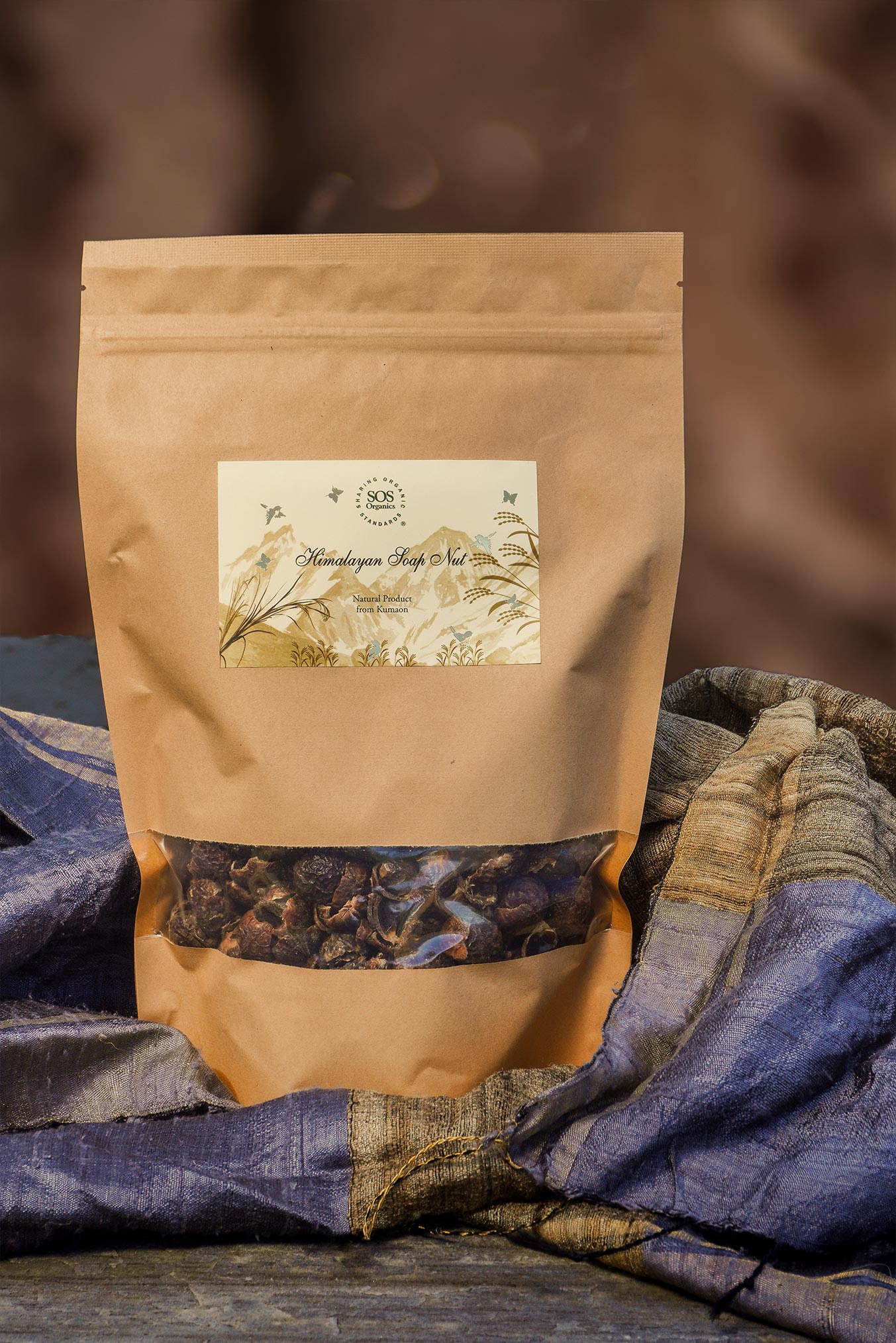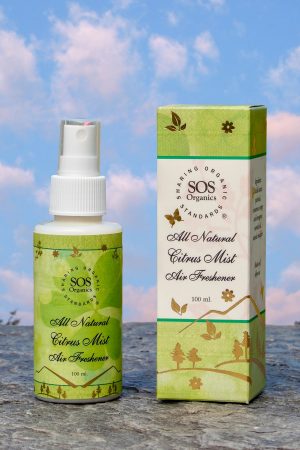Himalayan Soap Nuts
1. Natural Cleaning Power
Himalayan Soap Nuts, derived from the Reetha tree, contain saponin, a natural substance with excellent cleaning and washing properties. Harness the power of nature for effective and eco-friendly cleaning.
2. Gentle on Delicate Fabrics
With a history of hundreds of years in India, Soap nuts have been traditionally used to wash delicate silks and woolens. Experience gentle yet thorough cleaning for your most delicate fabrics.
3. Sustainably Gathered and Sun-Dried
Our Himalayan Soap Nuts are responsibly gathered in the cool, high altitudes of the Himalayas and naturally sun-dried. Embrace an eco-conscious choice for your cleaning needs.
4. Versatile Cleaning Solution
Soap nuts offer a versatile cleaning solution suitable for various purposes. From laundry to jewelry, household cleaning, and even as an insect repellent, these natural wonders cover it all.
5. Allergy-Free and Skin-Friendly
Soap nuts are ideal for individuals with allergies, sensitive skin, or conditions like eczema. They are chemical-free, making them an excellent choice for washing baby clothes and children’s garments.
6. Effective and Refreshing Results
Enjoy the effective and gentle cleansing power of Himalayan Soap Nuts that leave your laundry fresh and clean. Experience the difference of a natural cleanser with outstanding results.
Directions for use:
put 6-8 half shells or the equivalent in pieces into a cotton bag and place in your washing machine.
If you want your laundry scented, add a few drops of essential oil in the softener drawer.
You can do 4-6 consecutive loads from one lot of soap nuts.
Other suggestions: you can make a liquid soap by boiling a couple of shells in water, after cooling the soap nuts can be sieved or blended into a paste.
The liquid soap makes an excellent shampoo for pets to remove parasites from the fur and skin leaving it soft and clean.
Soap nuts can be used to wash and disinfect vegetables.
(400-gram packing)
In an increasingly polluted urban environment, where our water, air and food are contaminated, keeping healthy has become something of a challenge. Our exploding urban population is starting to show signs of the damage being done by rapidly changing lifestyles, poor diet and lack of exercise. When the food we eat is polluted, we carry that pollution in our bodies; some of it remains there, accumulates and eventually causes diseases. Obesity, diabetes and heart disease are on the rise.
Our children are particularly vulnerable to the dangers of agricultural toxins as they consume a higher percentage in relation to their size. The average child receives four times more exposure to at least eight widely used cancer causing pesticides found in food than the average adult does.









